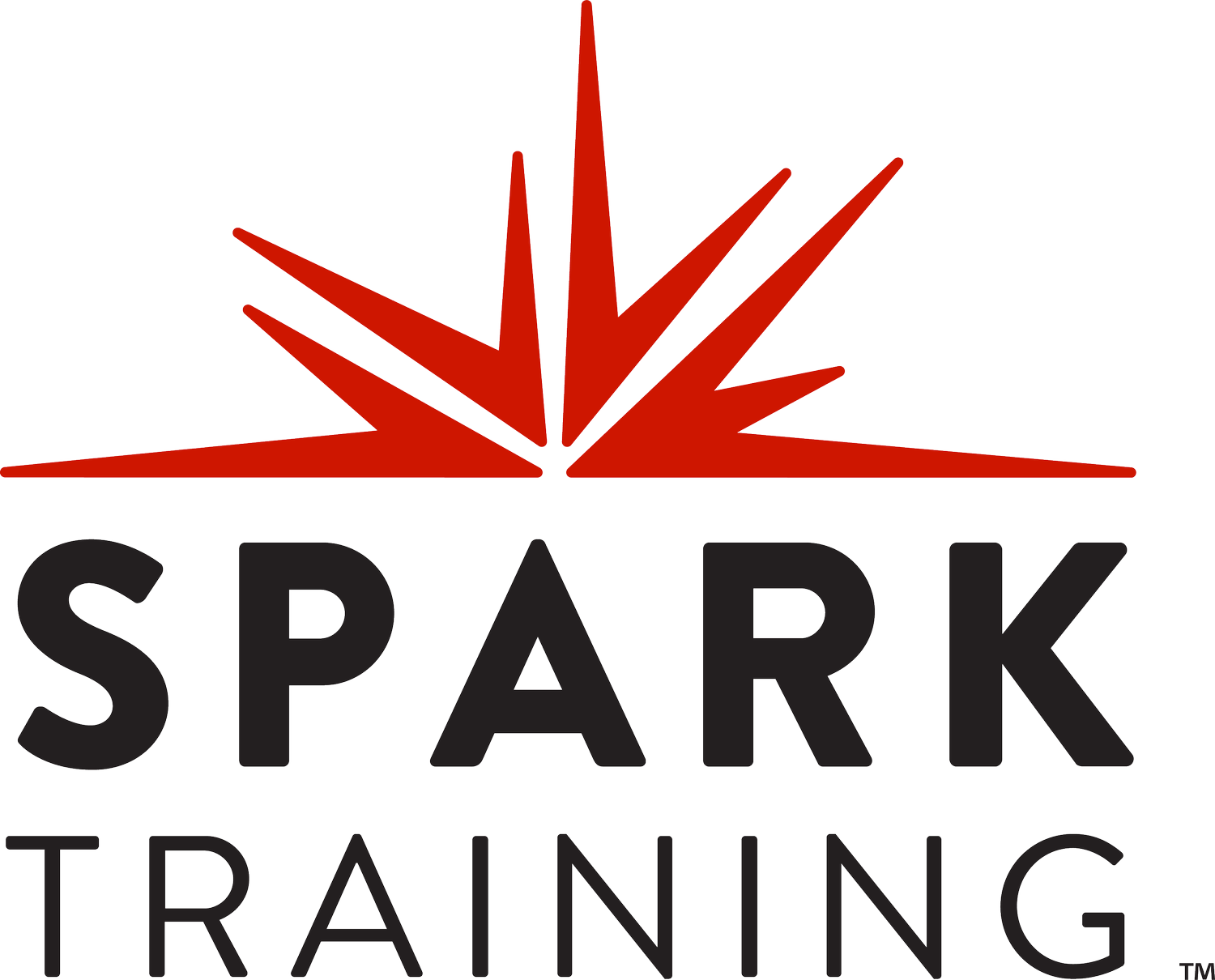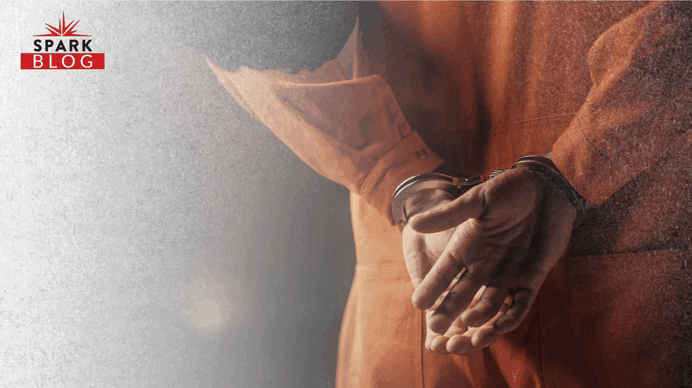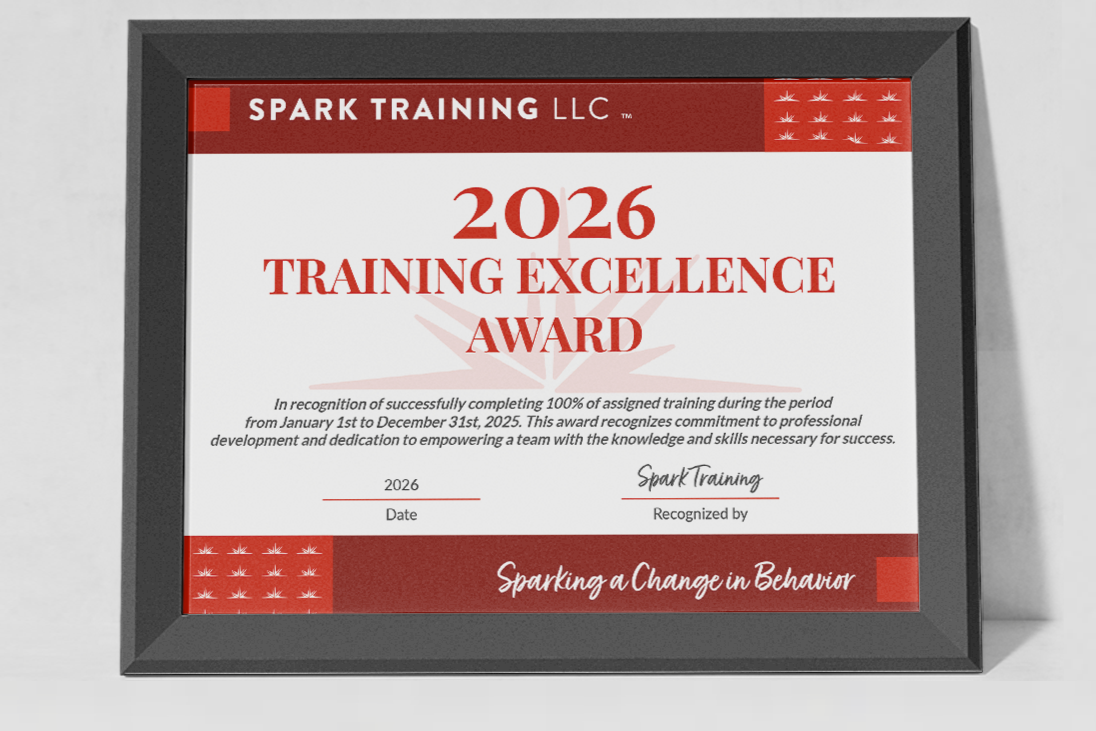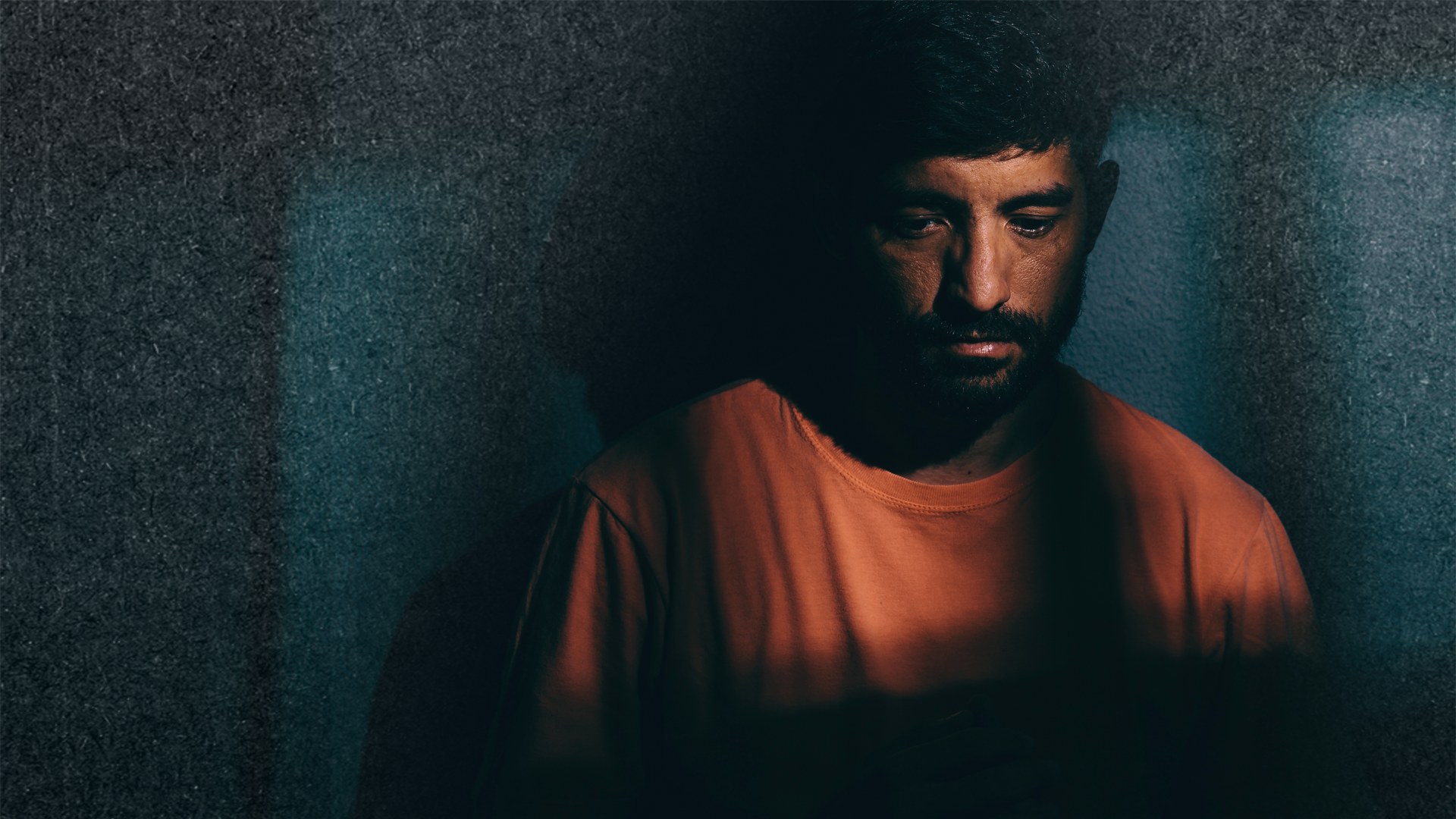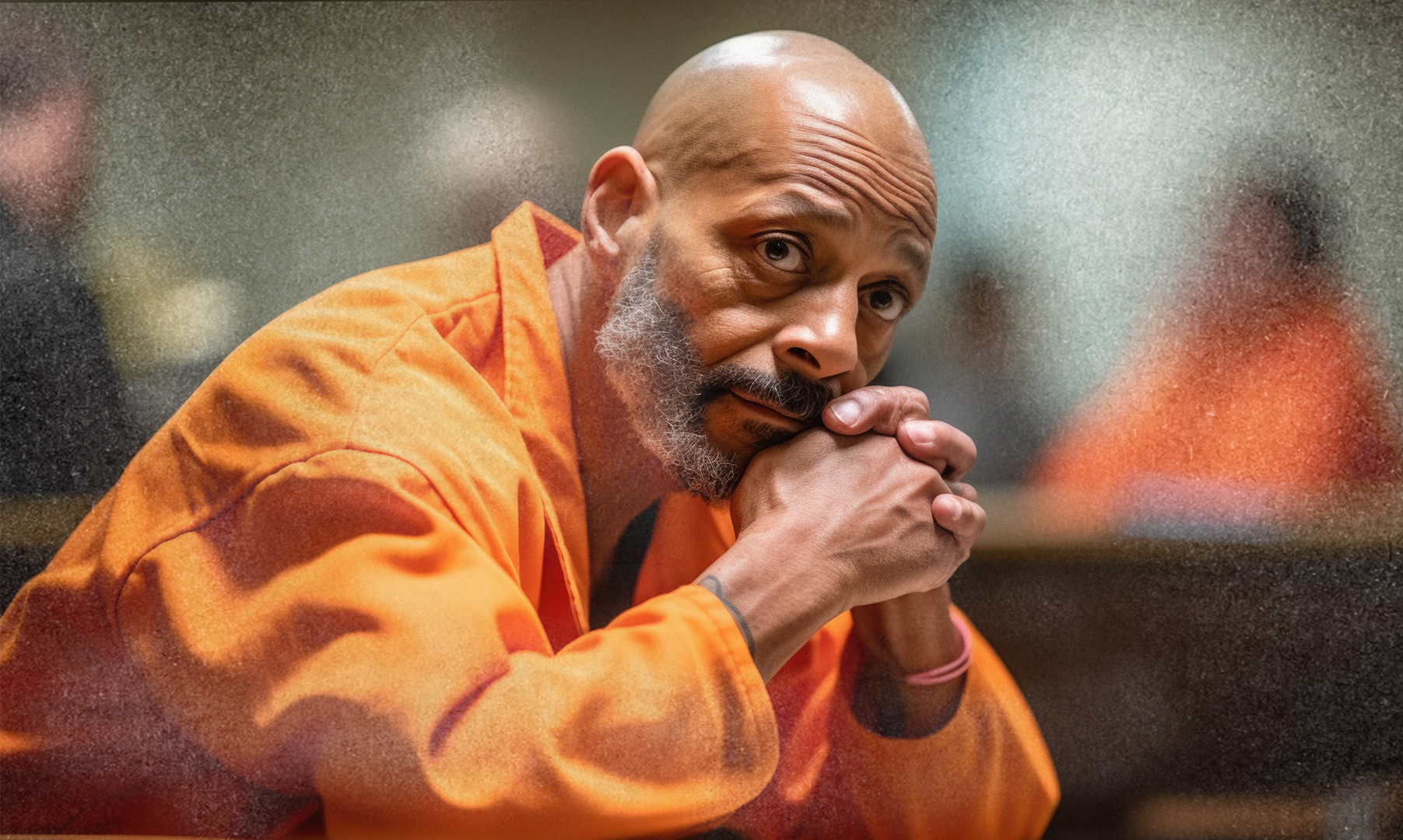Suicide Screening for ICE Detainees
This information is based on the most current published ICE National Detention Standards. This page may be updated as appropriate as standards are subject to change.
Suicide continues to be the number one cause of death in jails.¹ With the recent influx of ICE detainees in county jails, facilities may need to revisit current suicide screening policies and processes to meet ICE standards.
Rule: ICE detainees must be screened for suicide within 12 hours
Do the ASQ within 12 hours of intake
ICE standards call for initial mental health screening within 12 hours of admission to the jail. It is not enough to ask, “are you suicidal?” The Ask Suicide Screening Questions (ASQ) tool for detention facilities has both English and Spanish versions and can help identify those at risk for suicide. The ASQ should be completed at intake and after trigger events.
In addition to using the Spanish ASQ when appropriate, HIPAA-compliant interpreter services should be made available for non-English speaking detainees. Do the ASQ within 12 hours of intake.
Rule: ICE detainees must be evaluated within 24 hours of a positive suicide screen
Get a QMHP evaluation within 24 hours
Intake screening should be done by a health-trained officer or, ideally, a qualified mental health professional (QMHP). ICE standards dictate that a detainee be evaluated by a QMHP within 24 hours of a positive screen. Telehealth may be a helpful tool for getting detainees connected to a QMHP. QMHPs…
· hold a master’s level degree or above
· are properly licensed in the state they practice
· maintain proper insurance coverage
o in addition to malpractice, insurance should not exclude corrections and should contain a civil rights endorsement
Isolation can worsen a detainee’s feelings of depression, and it is not recommended to leave detainees on suicide watch for long periods of time. Only a QMHP can release a detainee from suicide watch or lower precautions. Individuals who can do this include…
Psychiatrists
Psychologists
Psychiatric social workers
Licensed professional counselors
Psychiatric nurses
Other professionals with the education, credentials, and experience listed above who are permitted by law to evaluate and care for the mental health needs of patients²
Get a QMHP evaluation within 24 hours of a positive screen.
Rule: ICE detainees on suicide watch must receive one-to-one constant observation
Keep eyes on suicidal detainees 24/7
While on suicide precautions, ICE standards mandate constant one-to-one visual observation with documentation at a minimum of every 15 minutes. Video observation is not enough – keep eyes on the detainee. Under ICE standards, one officer cannot be assigned to monitor multiple detainees: a one-to-one ratio should be maintained for compliance. Similarly, detainees cannot monitor each other. Consider providing health-training to volunteers to help meet 24/7 observation mandates.
A QMHP (and only a QMHP) may immediately move a detainee from constant monitoring to “close monitoring,” as appropriate. Close monitoring calls for checks at staggered intervals, no more than 15 minutes apart. Documentation needs to be backed up by the cameras. For example, if an officer documents checking at 1:15pm, the camera should not show the check happening at 1:16pm. It is more important that a document is true and accurate than perfect. Intentional fraud is worse than accidental noncompliance. Keep eyes on suicidal detainees 24/7.
Rule: A QMHP must conduct welfare checks every 8 hours
Have a QMHP re-evaluate every 8 hours
Whether under constant or close monitoring, ICE mandates that welfare checks be performed by a QMHP every 8 hours. There is no definition for what constitutes a welfare check; however, it is recommended that these checks be supported by meaningful provider documentation. It may be helpful to house detainees under suicide precautions in a medical unit or specialized housing unit that allows for QMHPs to easily interact with detainees. A health care practitioner can approve cells as “suicide resistant.” Partner with your health care provider to designate suicide-resistant housing that allows you to have a QMHP re-evaluate every 8 hours.
For more information, please contact training@sparktraining.us.
U.S. Department of Justice (2024). Evaluation of Issues Surrounding Inmate Deaths in Federal Bureau of Prisons Institutions. https://oig.justice.gov/sites/default/files/reports/24-041.pdf
National Commission on Correctional Health Care (NCCHC). (2018). Standards for Health Services in Jails.
Disclaimer
All materials have been prepared for general information purposes only. The information presented should be treated as guidelines, not rules. The information presented is not intended to establish a standard of medical care and is not a substitute for common sense. The information presented is not legal advice, is not to be acted on as such, may not be current, and is subject to change without notice. Each situation should be addressed on a case-by-case basis. When in doubt, send them out!®
